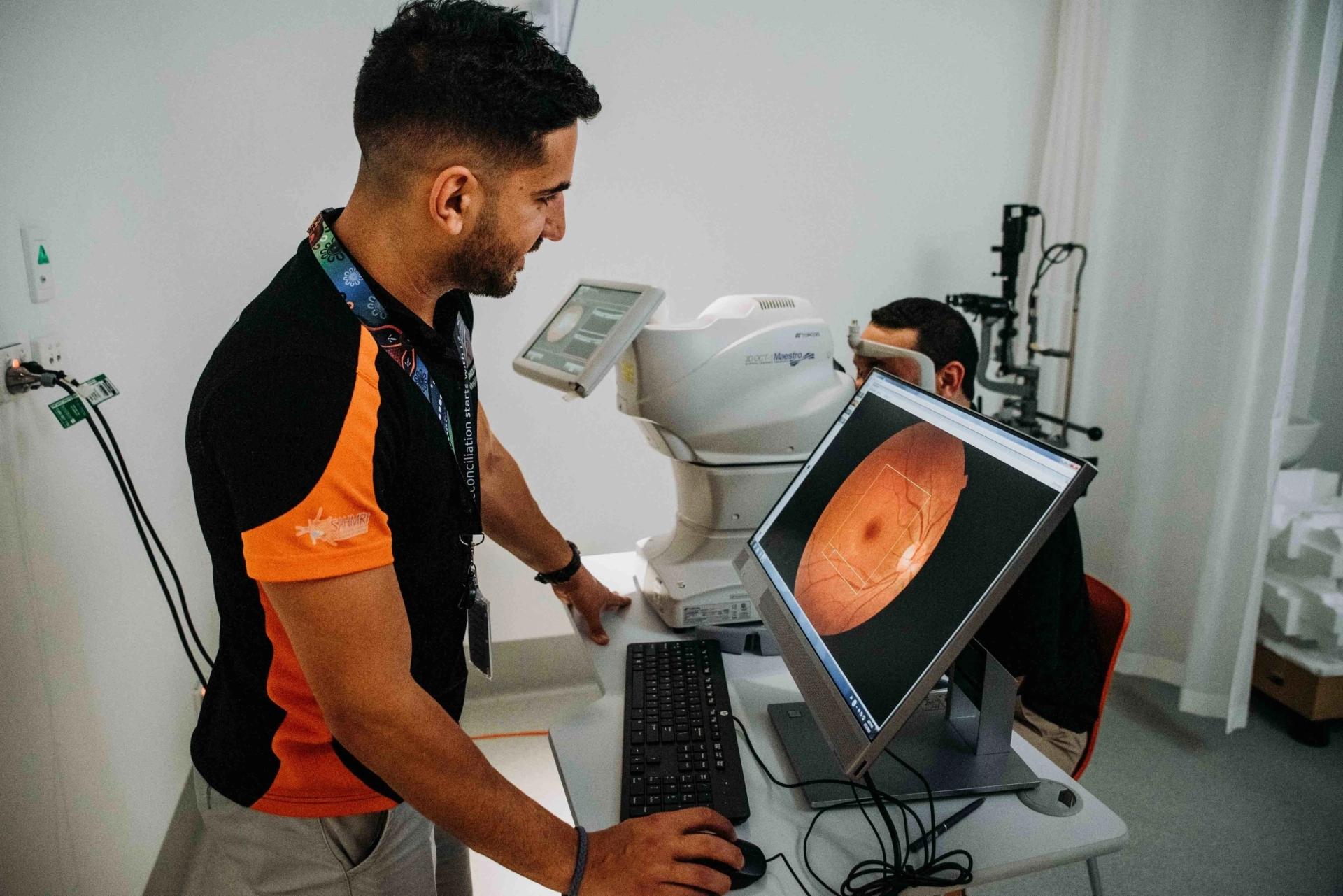The Implementation Science program applies strategies and methods to enhance understanding of how to take action on the social determinants of health and other critical health issues of importance for Aboriginal and Torres Strait Islander health equity.

The complex weave of social determinants, such as access to health care, housing, employment and financial security, are themselves an impediment to change.
Novel approaches to health and medical sciences that integrate the multidimensional needs of community are fundamental to addressing social and health inequities. This program innovates ways of measuring social, health and cultural needs while assessing their impact on health outcomes such as diabetes, heart disease and Aboriginal social and emotional wellbeing.
Projects privilege Indigenous knowledge, incorporate mixed-methods and systems thinking, aiming to generate transformative health equity solutions through embedded research-practice partnerships. Multi-targeted strategies are co-created within health care, workplaces, and community settings to implement research evidence, evaluate social and health impacts and support translational gains.
Examples include co-designed multi-level strategies to strengthen health and social service system responses for Aboriginal and Torres Strait Islander clients in a coordinated and meaningful way. Findings can be applied through rapid translation to inform advocacy efforts for service design and improvements.





